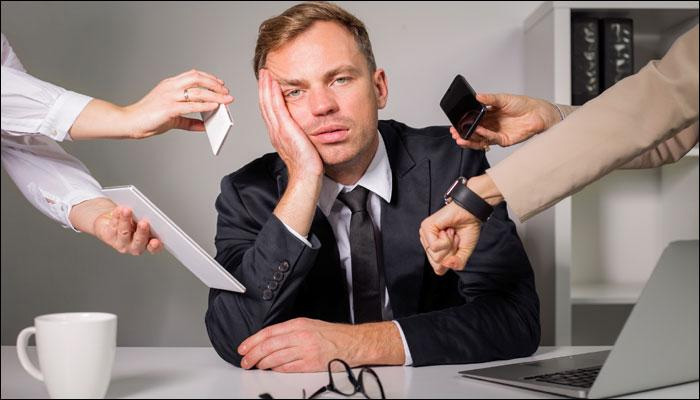Not losing weight?
Do not be discouraged if you're not losing weight despite exercising and making changes to your diet. Losing weight is not that simple, in fact, it involves or depends on a wide range of factors such as – diet, physical activity, stress, sleep habits – which can be controlled. Of course, there are some factors which are beyond our control, for instance, genes, hormones, gender, age, etc. It will be wise and much helpful if you can realize the fact that weight loss is a complex process involving a lot of hard work and dedication apart from following a fitness routine and choosing healthier foods.Chances are, one of these reasons is holding you back from achieving your weight loss goal. So watch out for these simple things: Diet Probably you're not keeping a track on what and how much you are eating. Studies suggest that people who maintain a food diary consistently lose more weight than those who don't. Calories You are overeating healthy foods – nuts, avocados, whole wheat

